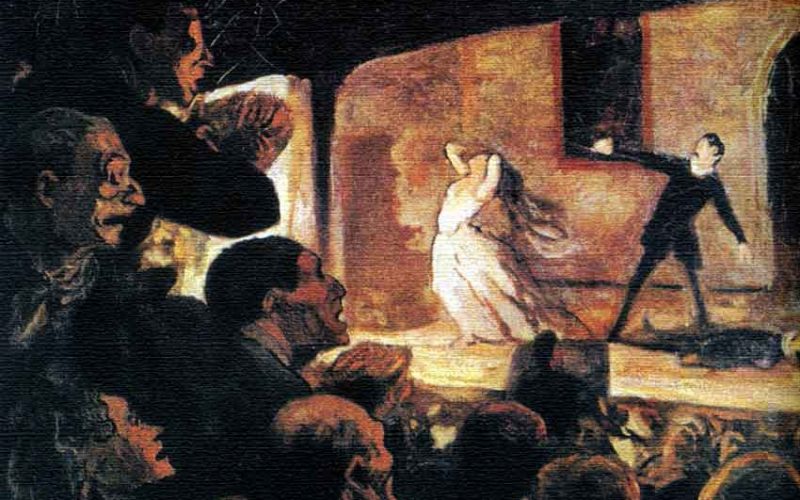I can thank my British husband for widening my vocabulary. The Brits have degrees of expressing disdain that we Americans can’t touch.
Over here, for instance, an idiot is pretty much an idiot.
Over there, an idiot can be a git, a twat, a tosser, an eejit, a knob-end, a wanker, a plonker or a half-dozen more words I’ve forgotten.
My husband tells me that a sitcom called Only Fools and Horses made plonker (my personal favorite) a household word in the UK and that its beloved star, Buster Merryfield, didn’t act professionally until he was 58.
Since I live in Hollywood, the entertainment (aka youth) industry capital, I had to find out more about him.
Harry “Buster” Merryfield, Jr. (1920-1999) came from a typical pre-WWII working-class English background. His mother was a part-time waitress and his father a packer.
Buster’s grandfather gave him the nickname Buster when he was born, since he weighed nine pounds, and the name suited him when he became a child boxing star in the 1930s.
Buster took a meandering road into professional acting . . .
First Detour: Jungle Warfare Instructor
Buster was drafted in 1939 at age 19 and served with the Royal Artillery.
In 1942, he was given the chance to train as an officer and took it. He became a physical training and jungle warfare instructor, serving in India and South Africa.
In 1944, Buster returned to England, where he led a squadron shooting down flying bombs known as V1 doodlebugs.
Second Detour: Bank Manager
Just before being drafted, Buster had entered a management training program with National Westminster Bank. After the war, he returned to his desk job and rose through the ranks. (He’d gotten married in 1942 and had a baby on the way.)
But he loved amateur theatre and had been in charge of providing entertainment for the troops. He continued acting in local productions.
While in his 40s, Buster produced John Osborne’s The Entertainer, Ruth Dixon’s The World-My Canvas and Arthur Miller’s A View from the Bridge for the Woking Drama Festival.
The productions won best play prizes in 1966, 1968 and 1969, respectively. Buster himself took “best actor” honors in two of those plays.
(The festival, held in Surrey, is one of England’s largest drama competitions.)
Arrival: Beloved Character Actor
At age 59, Buster retired from NatWest Bank to pursue acting professionally. He convinced a London repertory company to take him on, performed in several plays at the Connaught Theatre, and won a few small television parts.
His big break came in 1985, at age 65, when a BBC producer saw him perform mime. He was asked to audition for the British sitcom Only Fools and Horses.
Buster became Uncle Albert, the crusty seafaring relation of two thick, but likable, second-hand traders.
The series ended in 1996 when one of the nephews discovers that an old watch they’ve owned for years is an antique worth millions.
You know, I’ve figured it out. I always said I wanted to do 40 years in a bank. A few years in the war. About 20 years as an actor. Five years to write a book and then another 10 years as a painter. By the time that’s all done I will be about 102.
Buster didn’t quite get his time as a painter.
He passed away in 1999 at age 79 from a brain tumor. Buster was survived by Iris, his wife of 57 years, his daughter Karen and two grandchildren.
Buster’s humor, his zest for life and his devotion to his family still inspire Later Bloomers through his autobiography, During the War and Other Encounters, and his work on Only Fools and Horses. I’ve included a short video for you below.
Buster Merryfield’s Late-Blooming Wisdom
- “I’m in the enviable position of being an actor with a pension.”
- Start doing now what you dream of doing later.
